9 Struggles Chronically Single People Experience That Those In Relationships Rarely Notice
The perpetually single go through more than most people realize.
 DimaBerlin | Shutterstock
DimaBerlin | Shutterstock It’s easy to look around and be convinced that nearly everyone is in a relationship. However, according to the Pew Research Center, 35% of adults who have never been married also said they have never been in a “committed relationship.” That means over one-third of unmarried adults consider themselves to be chronically single.
In a recent TikTok, a dating coach named Mia Chard shared her experience of being chronically single for 27 years and the observations she made about life during that time. She argued that there are many things chronically single people go through that those in relationships simply cannot understand.
Here are nine struggles chronically single people experience that those in relationships rarely notice:
1. Not being someone’s top priority
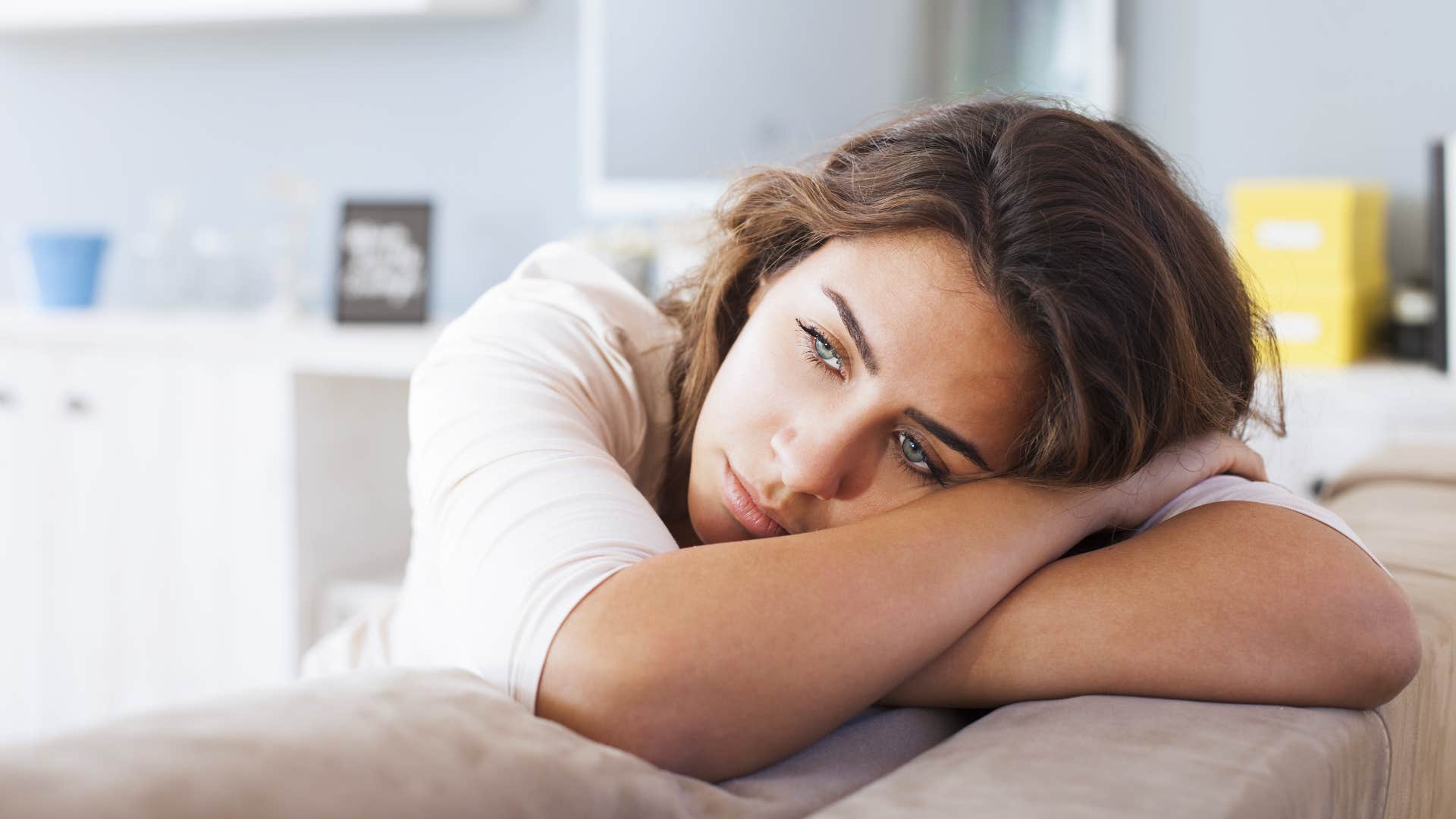 Nikodash | Shutterstock
Nikodash | Shutterstock
One of the main things Chard touched on in her video was the feeling of not being someone’s top choice. “I wasn’t anybody’s priority,” she said. “I never existed as somebody’s priority.”
Dr. Bruce Y. Lee addressed this topic for Psychology Today. He pointed out that although single people usually have family and friends, that doesn’t mean they are their top, most important person.
“It can be tough because one strong human desire is to matter to others,” he noted. "While friends and such can care about you, ultimately they may have others ranking higher on their priority list than you — their spouses, partners, or significant others."
Realizing that you matter to others, but you are no one’s number one is an impossibly difficult feeling. It makes sense that one of the greatest desires of many chronically single people is to feel prioritized.
2. Having to seek and ask for connection
 Antonio Guillem | Shutterstock
Antonio Guillem | Shutterstock
When you’re in a healthy relationship, connection is simply there. It’s part of the coupling. This isn’t true when you’re single. Instead, you have to find this connection elsewhere.
This lack of a natural connection may mean you need to look harder in other places. Thriveworks Counseling suggested cultivating deeper friendships and possibly becoming a pet owner if you are feeling lonely while single. While these are good suggestions, they do take a great deal of effort that likely isn't required in a romantic relationship.
3. Relying on family and friends for emotional support
 Chay_Tee | Shutterstock
Chay_Tee | Shutterstock
Just because you don’t have a partner, doesn’t mean that you don’t need supportive relationships. However, when you’re chronically single, you have to rely on others for that support, like your family and friends.
Writing for Psychology Today, Bella DePaulo, author of "Single at Heart," noted that this can take more work on the part of the single person, but also lead to more rewarding platonic relationships in the long run.
“They do more to maintain their relationships with their friends, relatives, neighbors and co-workers,” she said. “They also get more happiness and emotional fulfillment from the time they spend with their friends and relatives.”
4. Facing societal expectations
 ViDI Studio | Shutterstock
ViDI Studio | Shutterstock
Chard pointed out that love and romance are practically shoved in everyone’s faces, including those of the chronically single. “All the books, all the movies, all that everything is talked about is romantic love, and what it is like, and what it feels like, and that you should want it,” she stated.
The BBC said that holding biases against single people, such as believing that “there must be something wrong with them that’s causing them to wind up alone,” is what contributes to the stigma surrounding the chronically single.
Those in relationships who have already gotten married, had kids, and built the supposed dream life never face this kind of scrutiny or judgment.
5. Feeling like a burden
 My Ocean Production | Shutterstock
My Ocean Production | Shutterstock
Since the chronically single are forced to rely on their families and friends for support, they often feel like a burden, especially because those friends may have a partner with whom they go for support instead of them.
Chard agreed with this. When asked by her sister-in-law why she felt that way, she responded, “Because I have been. Because people in my life have made me feel that, not because they wanted to, but just out of the fact that I wasn’t anybody’s priority.”
Associate professional counselor Elia Lopez said, “It can be hard for people who feel like they are a burden to ask for help. They feel they don’t deserve to receive it.”
This creates a vicious cycle in which the chronically single person becomes even more reluctant to ask for help from or rely on family and friends. But this is something those in relationships are largely unaware of.
6. Paying the cost of living alone
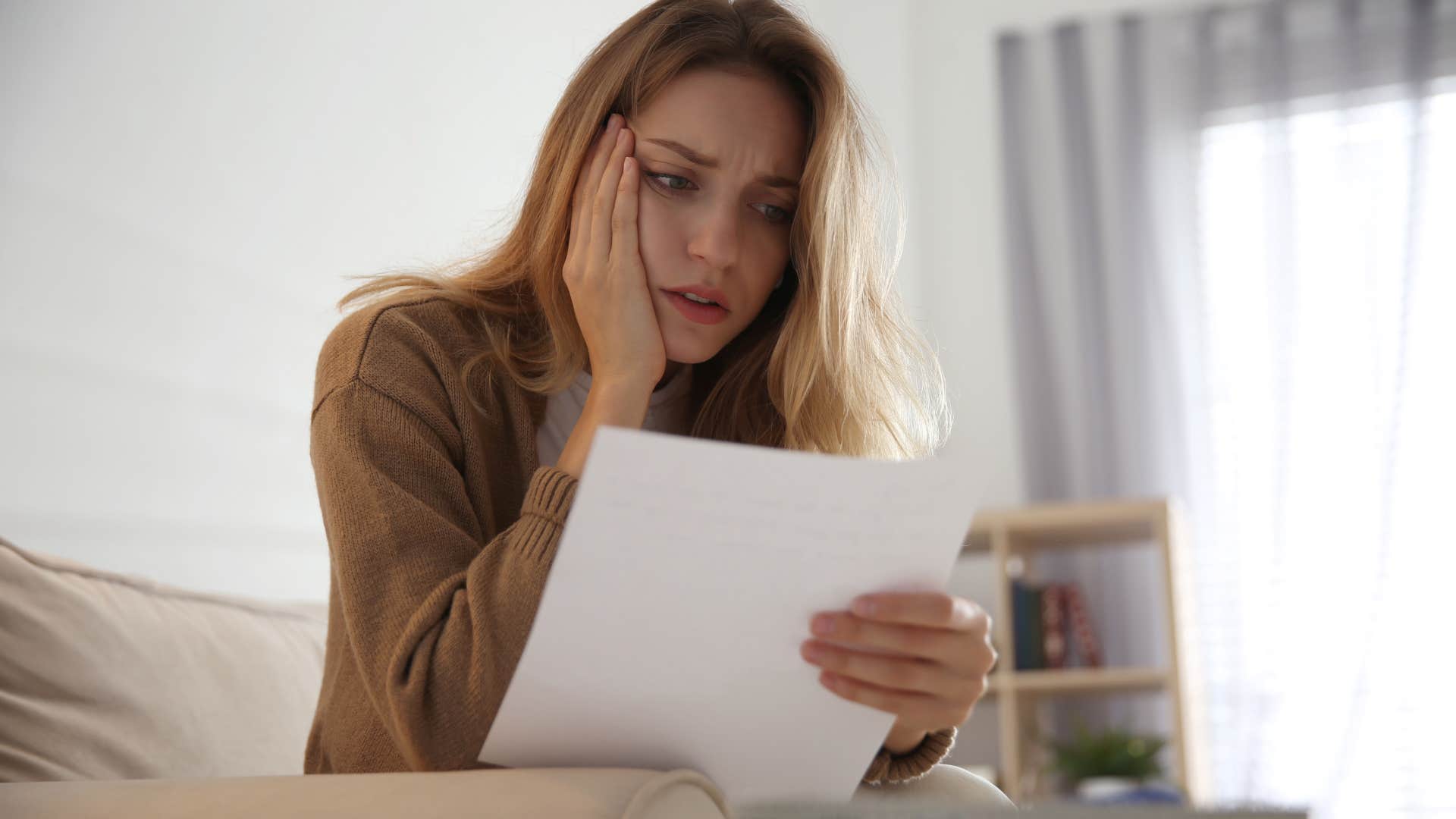 New Africa | Shutterstock
New Africa | Shutterstock
The financial difficulties of being single are typically glossed over, but they are very real. CNBC Make It referred to the cost of living on your own as the “singles tax.”
According to them, it technically does cost less to be single, as you only have one person to care for. However, the difficulty arises when you look at the difference in income between a single-income household and a dual-income household.
For example, if you lived in a home in which two people worked, you could both contribute to rent or mortgage payments, splitting them down the middle. Rather than acknowledge this, most people in relationships assume it is easier for single people because there is one less mouth to feed.
7. Fulfilling your own needs
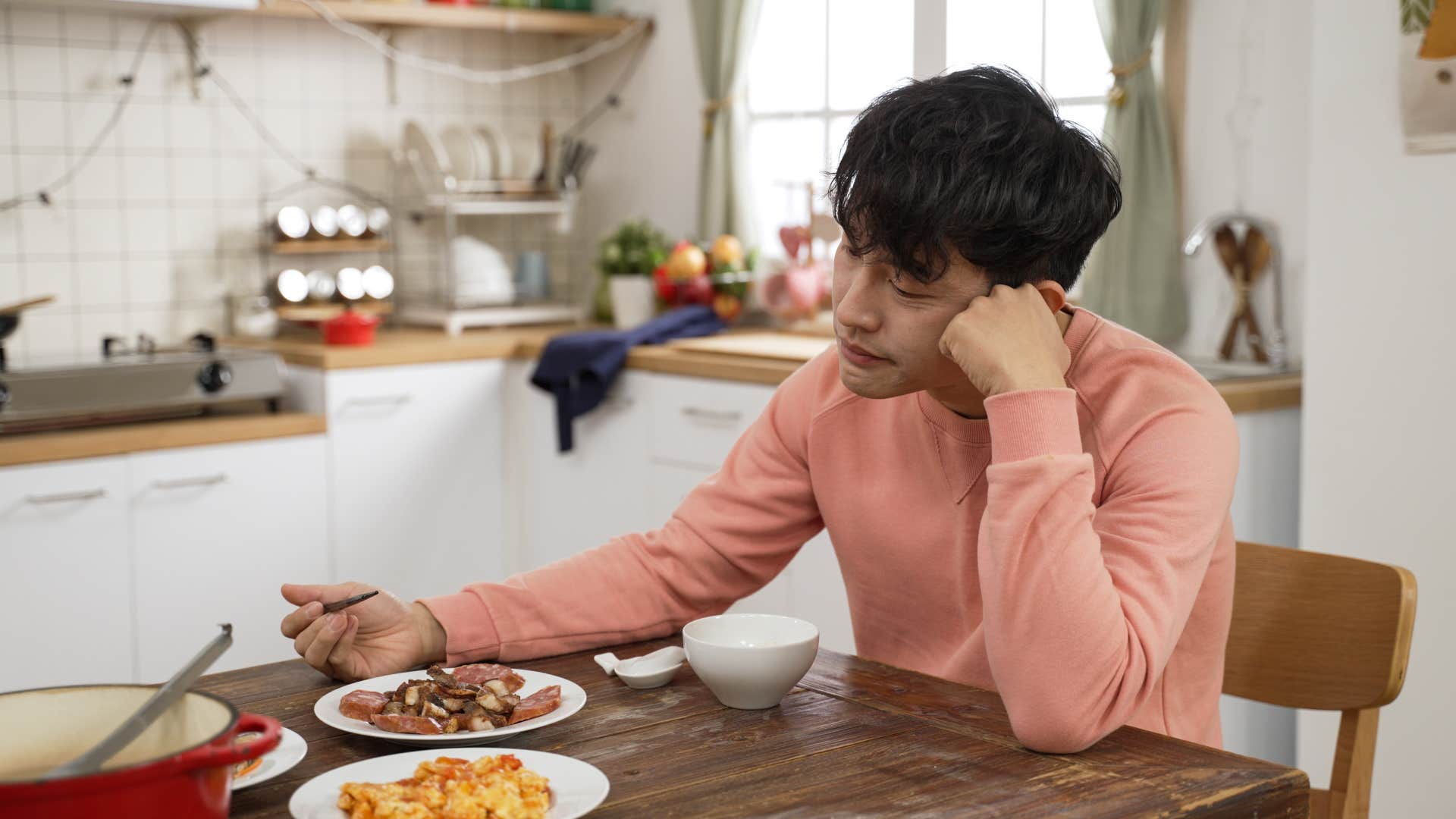 PR Image Factory | Shutterstock
PR Image Factory | Shutterstock
Chard also spoke of the difficulty of having to fulfill your own needs or ask for them to be met by others.
"Simple things too like having someone to pick you up when you’re cars in the shop, split bills with, [and be your] travel partner," one commenter wrote. "I do activities alone because if waited for someone to be available, I [would] never do it."
While it can be tempting to feel bad about yourself and your circumstances in these situations, counselor Anne Posey said that should be avoided at all costs. She told the Cleveland Clinic that you should not apologize for being single.
8. Not hearing it talked about
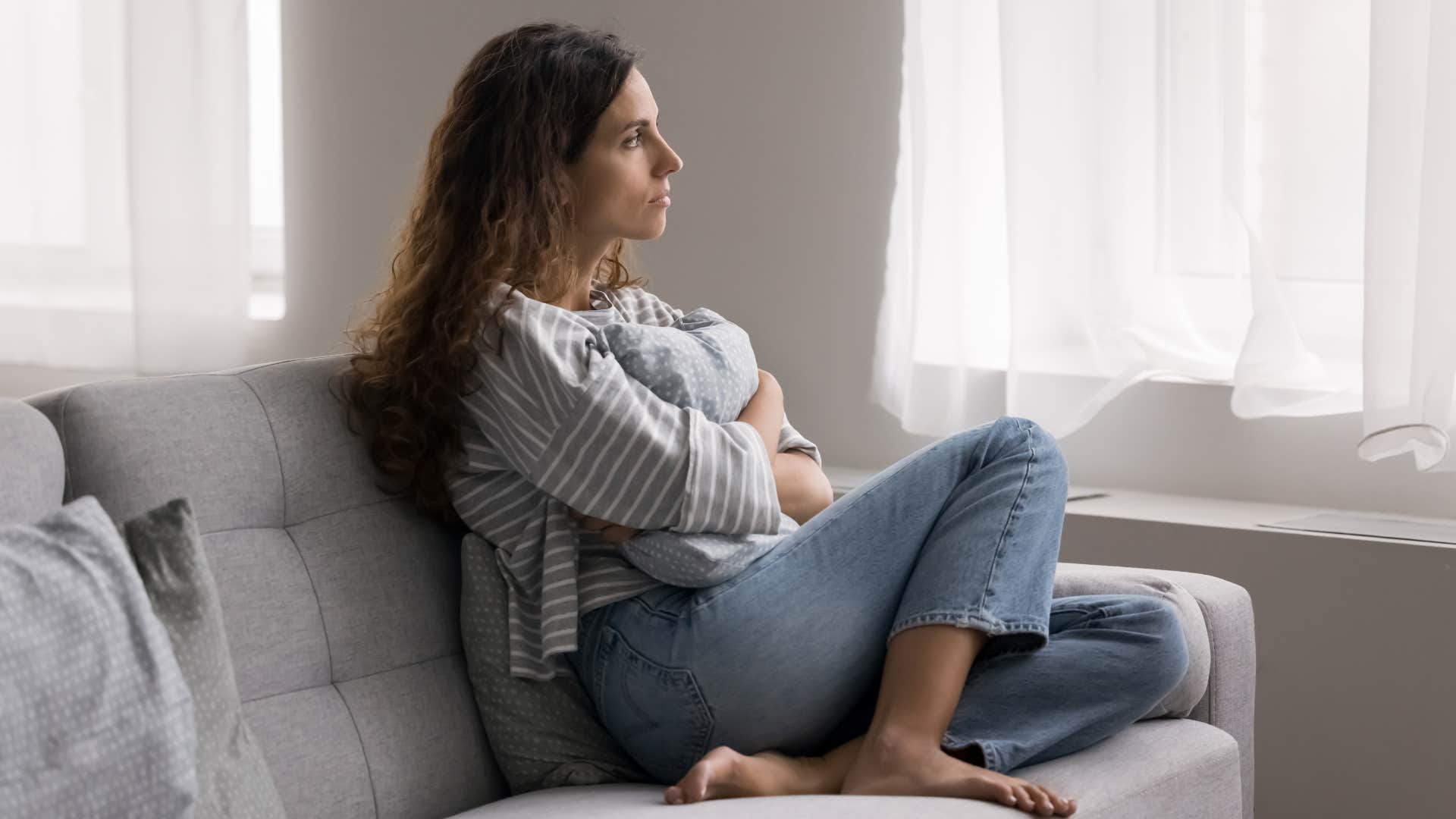 fizkes | Shutterstock
fizkes | Shutterstock
Chard noted, “Chronic singleness is something that wasn’t talked about when I was younger, and I’m so grateful we’re talking about it now.”
Being chronically single truly is something that isn’t addressed as often as it should be, given how many people are dealing with it. Instead, it is a taboo topic, and people are shamed for it.
Allison Abrams, a psychotherapist, defined this as single-shaming for the BBC. She said this phenomenon is “negatively judging somebody for not being partnered up and not conforming to society’s expectations … of being married at a certain age.”
The phenomenon of chronic singleness has been around since the beginning of humanity, but people are only now starting to talk about it openly.
9. Paying higher taxes
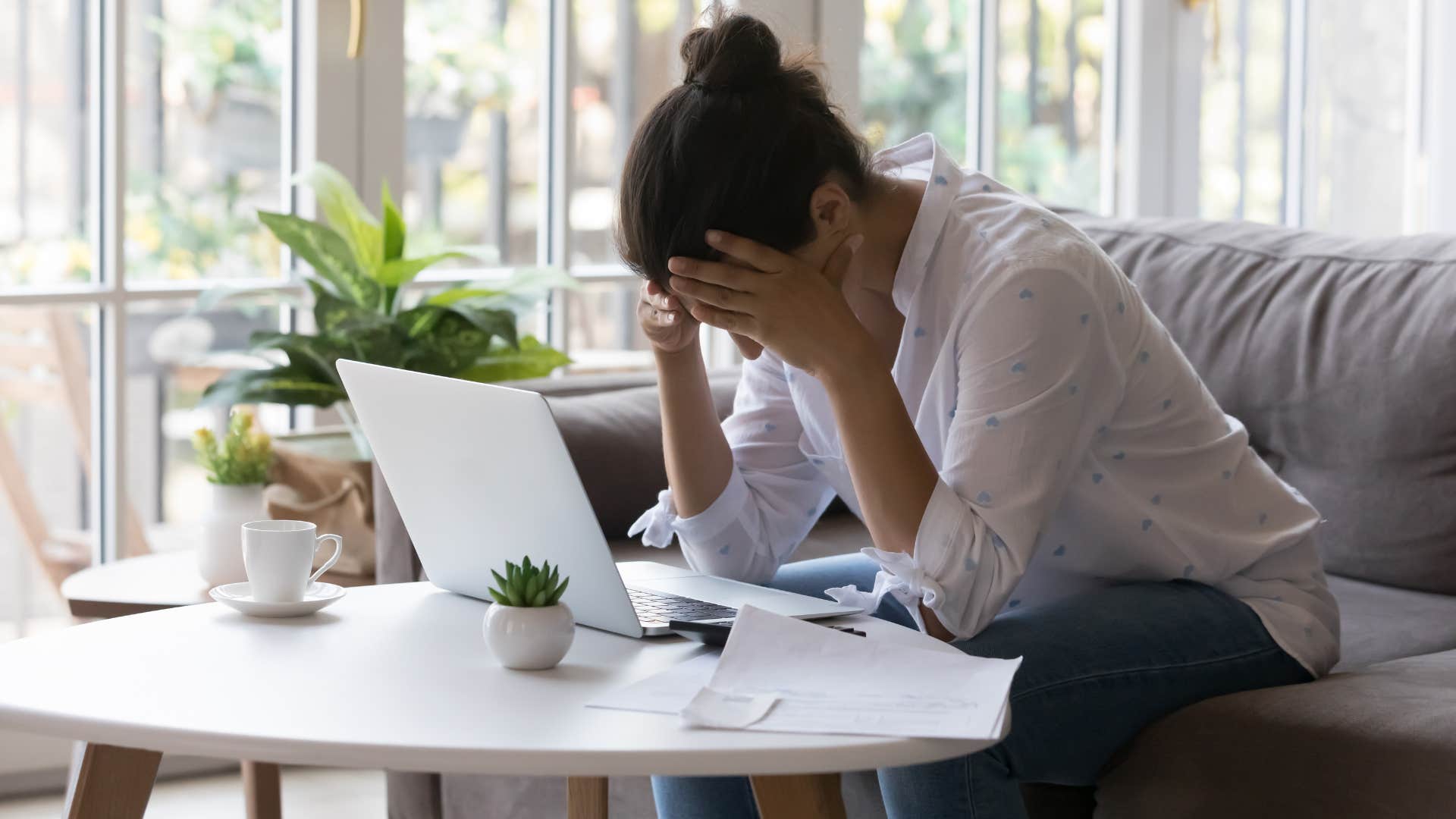 fizkes | Shutterstock
fizkes | Shutterstock
Bella DePaulo told CNBC, “Financial advantages for married couples are written right into the laws of the land.” Again, it would make sense that singletons would have a leg up here because they are only paying taxes for one person.
Not true. “The ‘marriage tax bonus’ occurs when couples pay less in income taxes when they file jointly than they would have as individuals,” CNBC noted. In other words, those who are married enjoy a serious advantage when paying taxes, and actually have to pay less than single people often do.
This is certainly not something that people in relationships are going to point out, as it benefits them. But the chronically single know this struggle all too well and just wish things could be a bit more equal.
Mary-Faith Martinez is a writer with a bachelor’s degree in English and Journalism who covers news, psychology, lifestyle, and human interest topics.

